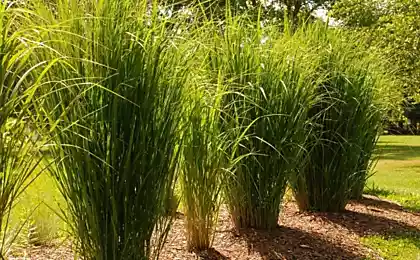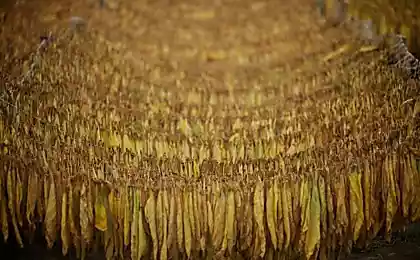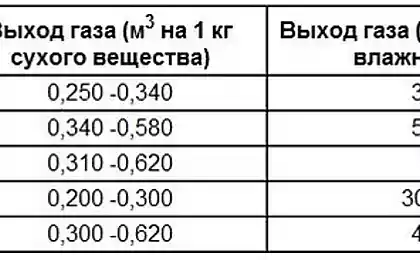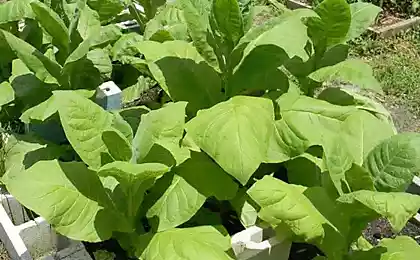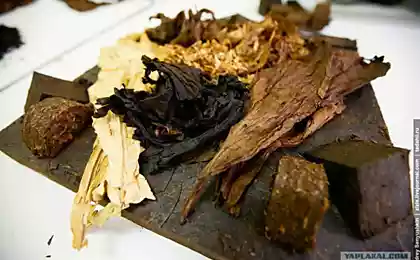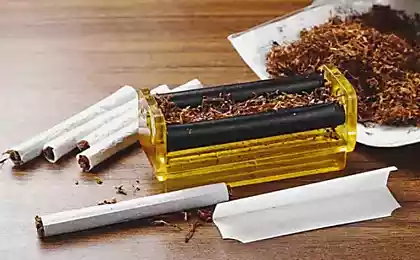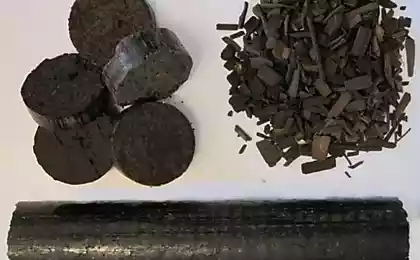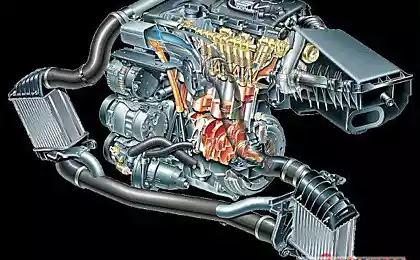452
The first crop of tobacco for the production of environmentally friendly aviation biofuels
Boeing and the airline South African Airways (SAA) today announced that South African farmers will soon gather the first harvest of energy-rich tobacco that will be an important step to obtaining clean aviation biofuels.
Sixty two million seven hundred seventy two thousand seven hundred seventy five
Along with partners SkyNRG and Sunchem SA, Boeing and SAA also officially launched project Solaris is a joint program of supply chain aviation based biofuels do not contain nicotine varieties of tobacco called Solaris. In Limpopo province, company representatives and industry called for private and public farms, which planted 50 acres of tobacco Solaris.
Processing obtained from the seeds of the plant oil into jet biofuel may begin as early as next year. The first test flight will be SAA airline in the shortest possible time.
"We are very pleased to see the progress in getting clean aviation biofuel from energy-rich varieties of tobacco in South Africa," said Miguel Santos (J. Miguel Santos), managing Director of Boeing International in Africa. – "The Boeing company is confident that our partnership with South African Airways in this area will benefit the environment and public health while creating new economic opportunities for South African small-scale farmers. This project will also help to provide our valuable customer a long-term, practical source of fuel, produced domestically, and improve the national balance of payments of South Africa."
Visit to the farm follows a recent announcement that Boeing, SAA and SkyNRG start joint work on the production of aviation biofuel from the Solaris variety of tobacco, developed and patented by Sunchem Holding. In case of success of the experiment on the cultivation of tobacco in Limpopo the project will be expanded in South Africa and possibly spread to other countries. In the coming years is expected emergence of new technologies, which will allow to increase production of aviation biofuel from the leaves and stems of the plant.
Environmentally friendly aviation biofuel obtained from vegetable raw materials Solaris, can reduce carbon emissions over its life cycle by 50-75%, providing compliance with the emission threshold set by the Roundtable on environmentally friendly biomaterials (RSB). Since the approval of the aviation biofuel for commercial use in 2011 the airline has already carried out more than 1,600 passenger flights using it.
Source: greenevolution.ru
Sixty two million seven hundred seventy two thousand seven hundred seventy five
Along with partners SkyNRG and Sunchem SA, Boeing and SAA also officially launched project Solaris is a joint program of supply chain aviation based biofuels do not contain nicotine varieties of tobacco called Solaris. In Limpopo province, company representatives and industry called for private and public farms, which planted 50 acres of tobacco Solaris.
Processing obtained from the seeds of the plant oil into jet biofuel may begin as early as next year. The first test flight will be SAA airline in the shortest possible time.
"We are very pleased to see the progress in getting clean aviation biofuel from energy-rich varieties of tobacco in South Africa," said Miguel Santos (J. Miguel Santos), managing Director of Boeing International in Africa. – "The Boeing company is confident that our partnership with South African Airways in this area will benefit the environment and public health while creating new economic opportunities for South African small-scale farmers. This project will also help to provide our valuable customer a long-term, practical source of fuel, produced domestically, and improve the national balance of payments of South Africa."
Visit to the farm follows a recent announcement that Boeing, SAA and SkyNRG start joint work on the production of aviation biofuel from the Solaris variety of tobacco, developed and patented by Sunchem Holding. In case of success of the experiment on the cultivation of tobacco in Limpopo the project will be expanded in South Africa and possibly spread to other countries. In the coming years is expected emergence of new technologies, which will allow to increase production of aviation biofuel from the leaves and stems of the plant.
Environmentally friendly aviation biofuel obtained from vegetable raw materials Solaris, can reduce carbon emissions over its life cycle by 50-75%, providing compliance with the emission threshold set by the Roundtable on environmentally friendly biomaterials (RSB). Since the approval of the aviation biofuel for commercial use in 2011 the airline has already carried out more than 1,600 passenger flights using it.
Source: greenevolution.ru

